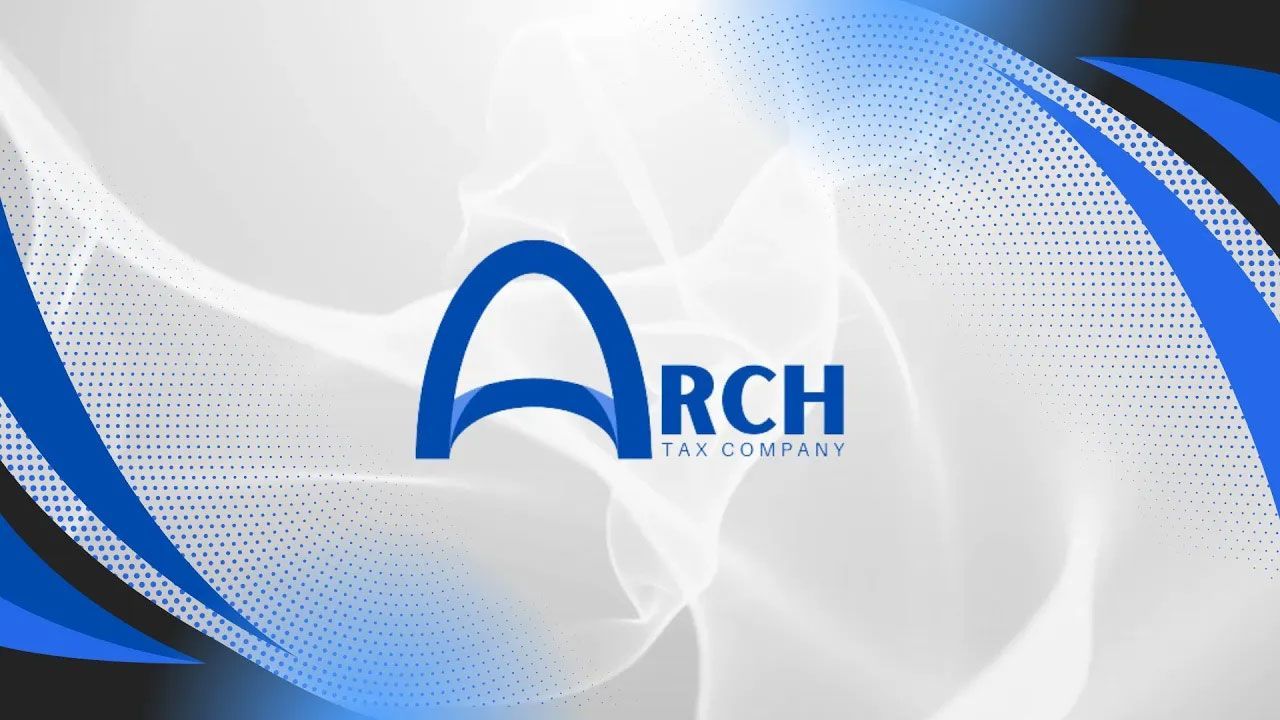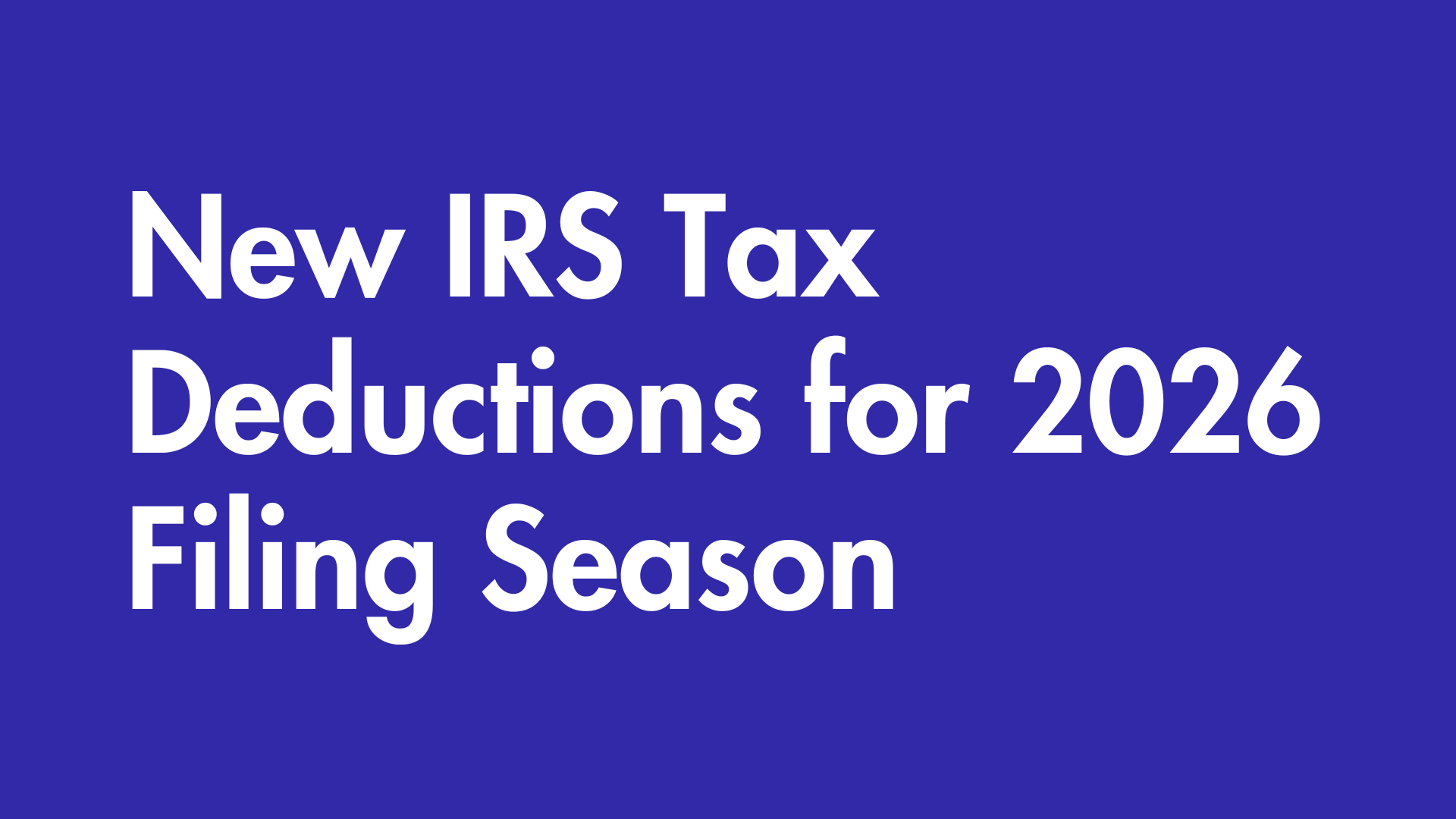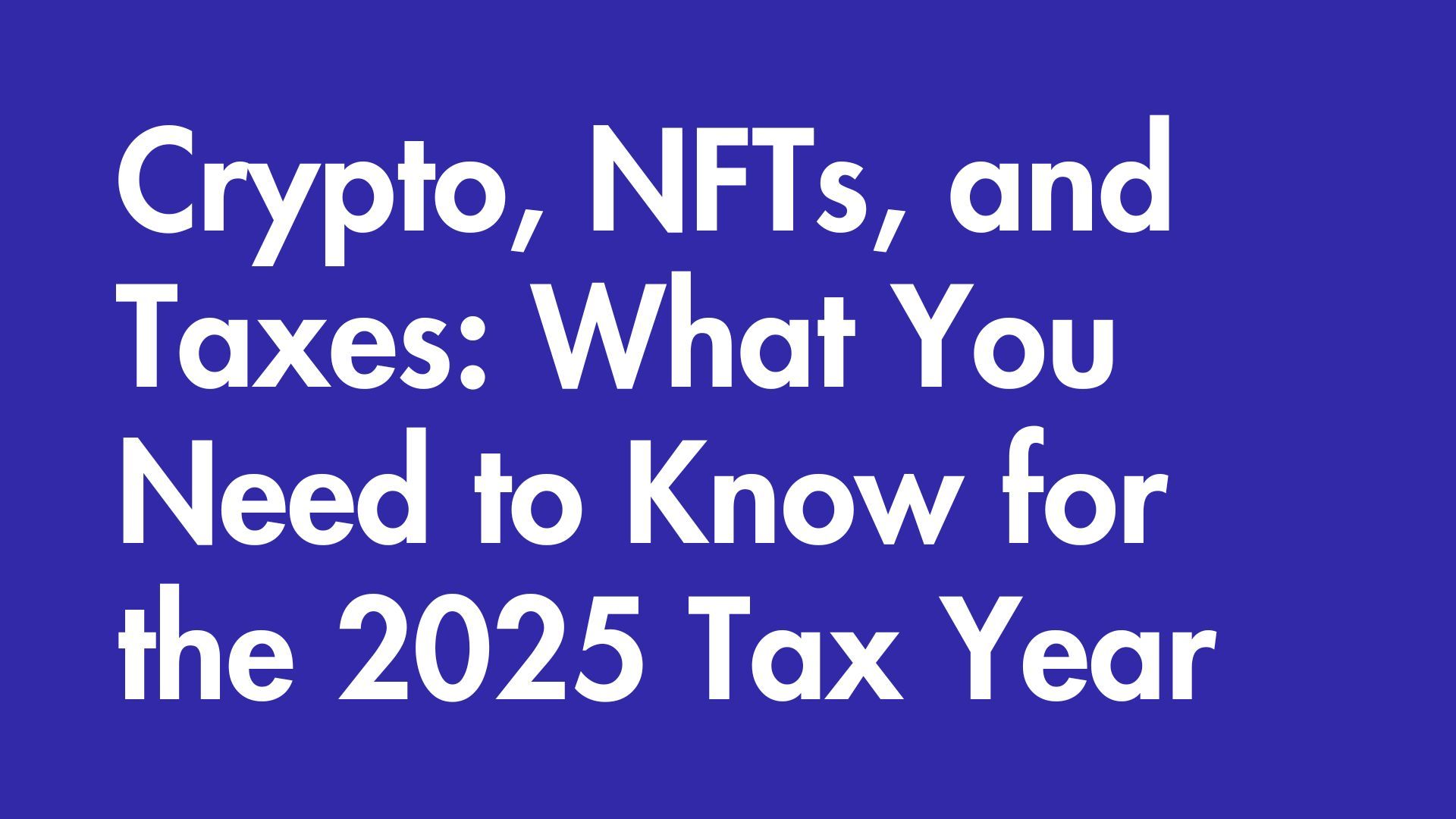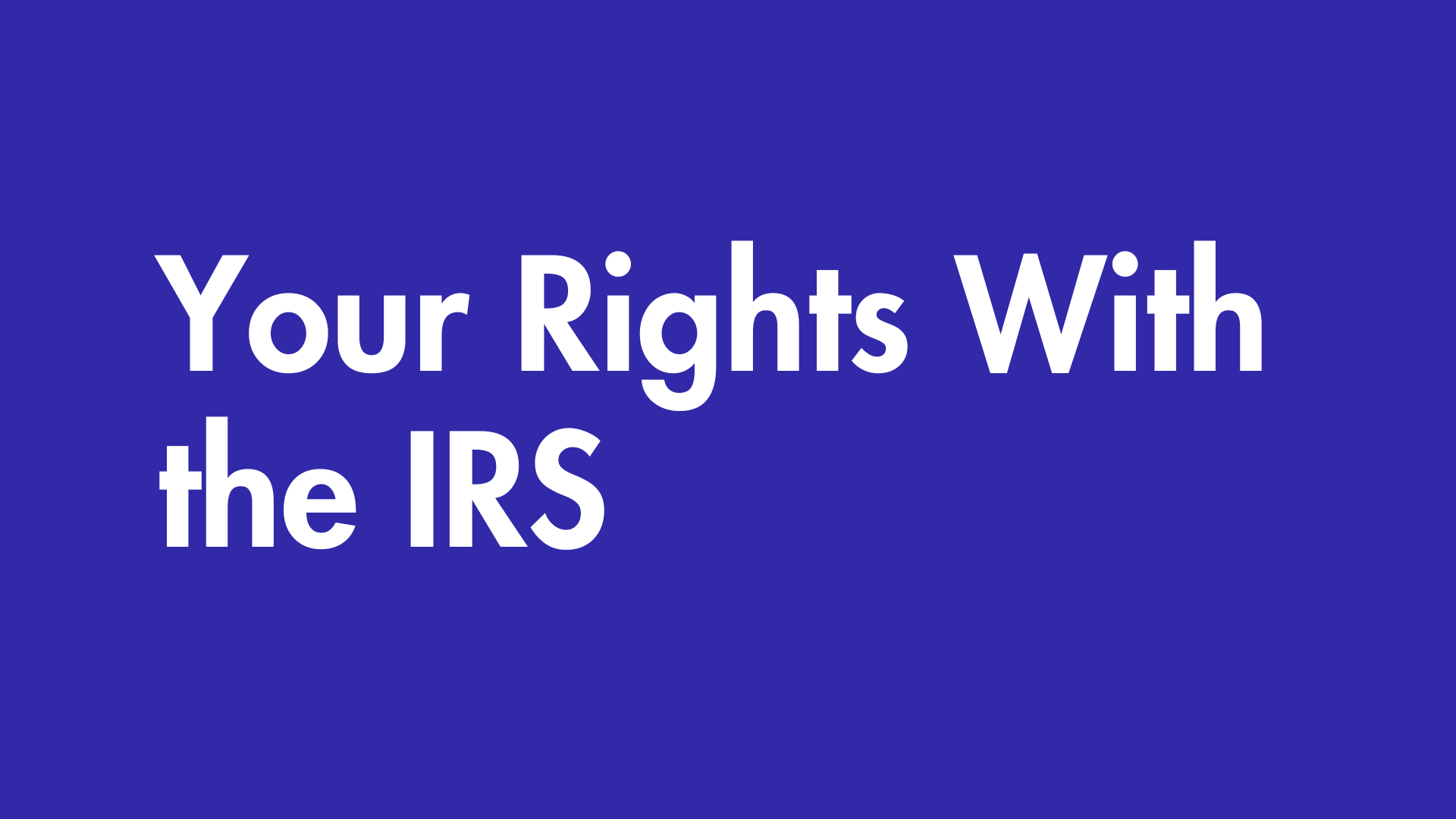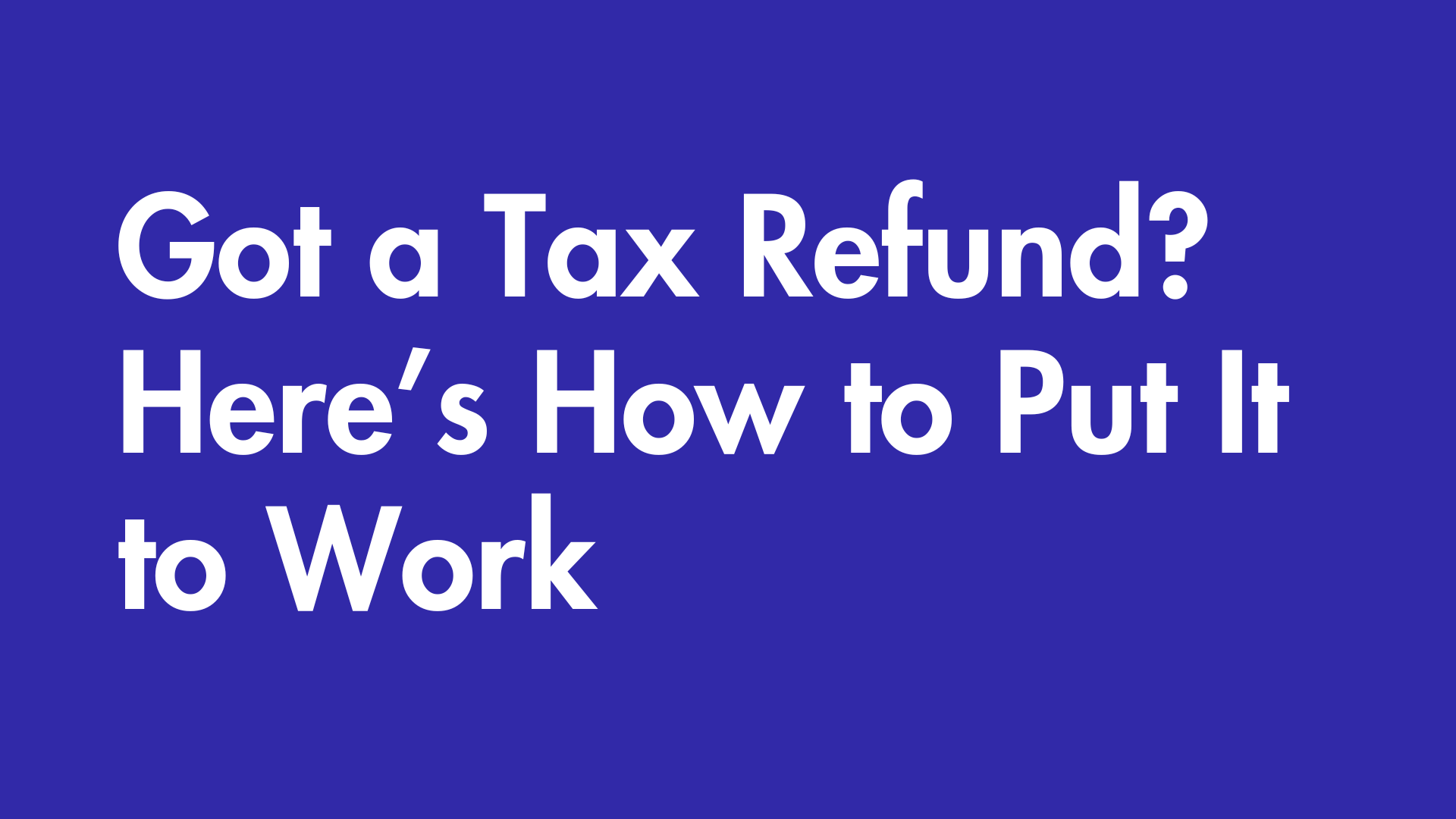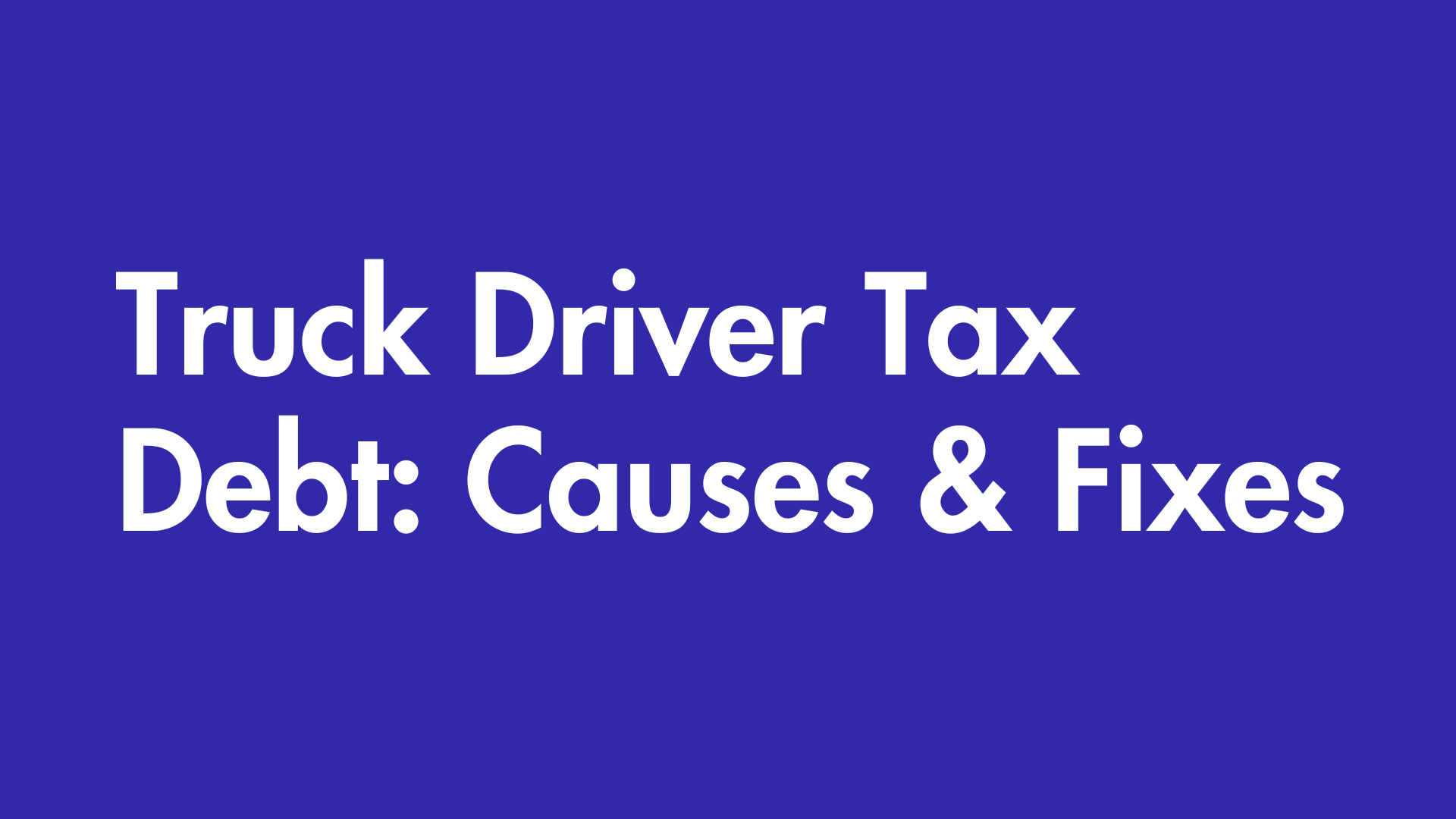2024 Tax Brackets Explained: What You Really Need to Pay in Taxes
Watch Our Video for a Quick Breakdown
Understanding Marginal Tax Rates
Your marginal tax rate is the percentage of tax you pay on your last dollar of income. It’s based on tax brackets, which are ranges of income taxed at different rates. Let’s take a closer look at the 2024 federal tax brackets for single filers and married couples filing jointly:
| Tax Rate | Filing Single | Filing Married Jointly |
|---|---|---|
| 10% | $0 to $11,600 | $0 to $23,200 |
| 12% | $11,600 to $47,150 | $23,200 to $94,300 |
| 22% | $47,150 to $100,525 | $94,300 to $201,050 |
| 24% | $100,525 to $191,950 | $201,050 to $383,900 |
| 32% | $191,950 to $243,725 | $383,900 to $487,450 |
| 35% | $243,725 to $609,350 | $487,450 to $731,200 |
| 37% | $609,350 or more | $731,200 or more |
How Marginal Tax Rates Work
Marginal tax rates are progressive, meaning you don’t pay a flat rate on your entire income. Instead, income is taxed in chunks based on the brackets:
- If you’re single and earn $50,000:
- The first $11,600 is taxed at 10%.
- The next $35,500 (up to $47,100) is taxed at 12%.
- The remaining $2,900 is taxed at 22%.
What Is the Effective Tax Rate?
Your effective tax rate is the actual percentage of your total income that you pay in taxes after deductions, credits, and adjustments. It’s usually lower than your marginal tax rate.
For example:
- If you earned $50,000 and paid $7,500 in taxes after deductions and credits, your effective tax rate would be 15%, even though your marginal tax rate is 22%.
Tips to Plan for Your Taxes
Here are some ways to stay ahead during tax season:
- Track Your Deductions and Credits
Take advantage of deductions (like student loan interest or mortgage interest) and credits (like the Child Tax Credit) to lower your taxable income. - Use Your Effective Tax Rate for Planning
If your financial situation is consistent year over year, focus on your effective tax rate to better estimate your tax payments and avoid over-withholding. - Plan for Higher Brackets
If you anticipate a significant income increase, prepare for the impact of moving into a higher tax bracket. Strategies like contributing to retirement accounts or deferring income can help minimize taxes.
Ready to File Your 2024 Taxes?
Now that you understand how tax brackets and rates work, you’re better equipped to plan for the 2024 tax season. Still feeling unsure? That’s where we come in!
Have questions? Chad is here to help!
📧 Contact Chad at
chad@archtaxco.com
📞 Call 872-267-3727

